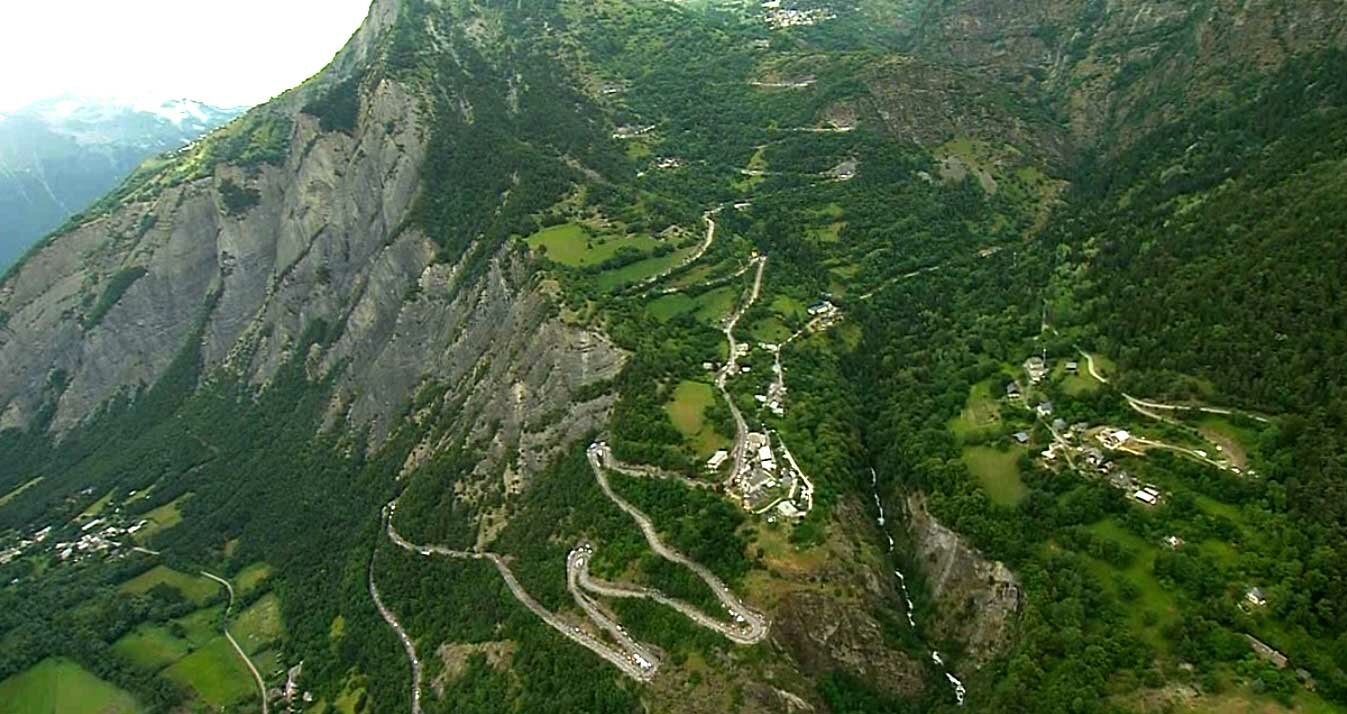October 7, 2014
The Million Dollar Nonsense

“If Quintana, Froome, Nibali and Contador all agree to ride all three Grand Tours, I’ll get Tinkoff Bank to put up €1 million. They can have €250,000 each as an extra incentive. I think it’s a good idea”
The words of Oleg Tinkov speaking recently to Cycling News as he once more offers to throw money at the sport of cycling for his own amusement.
Trying to win all three Grand Tours in the same year is seemingly impossible, but Tinkov seems to think that every rider has their price. With that notion, he might be right, €250,000 is a lot of money. Perhaps not worth as much to these multi-million euro contracted riders than to you or I, but a lot of money nonetheless.



